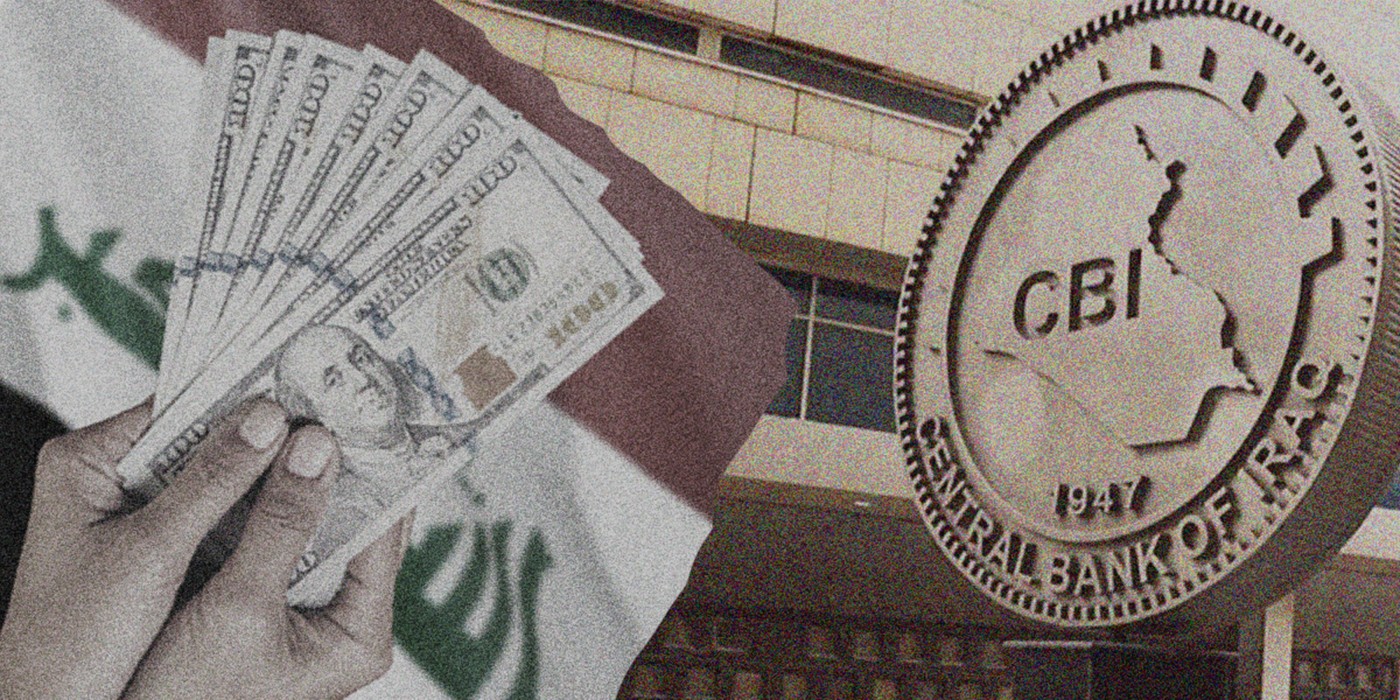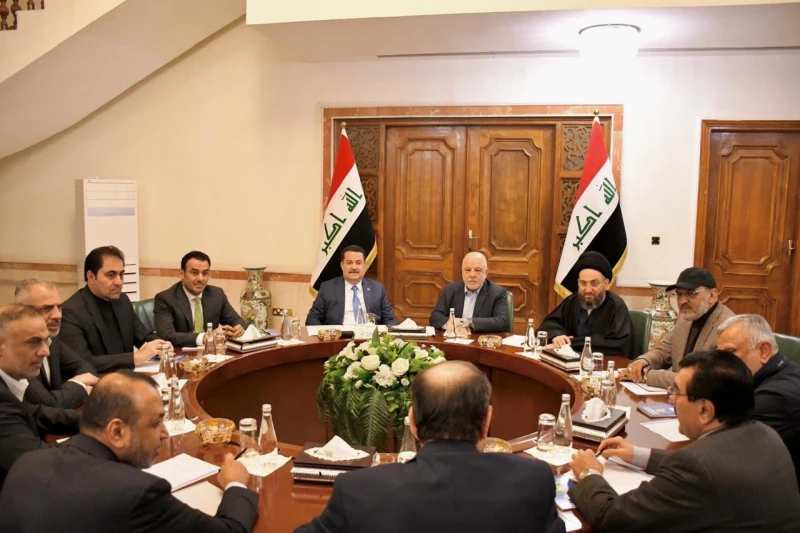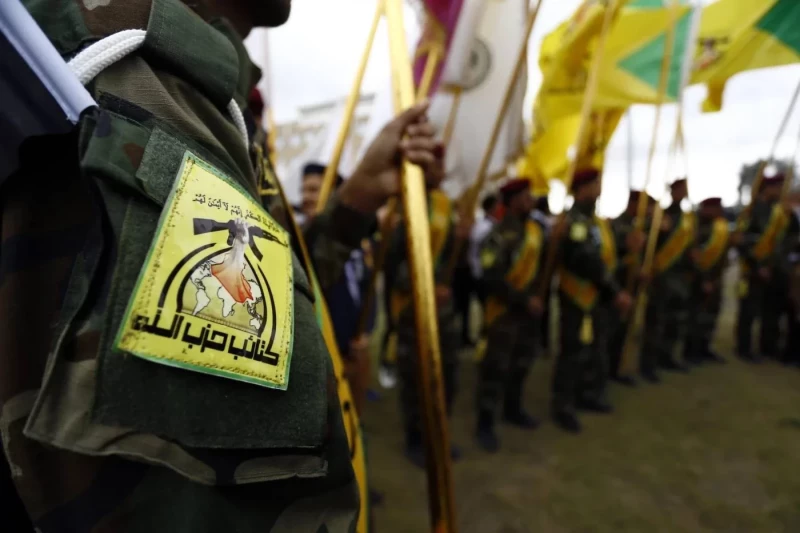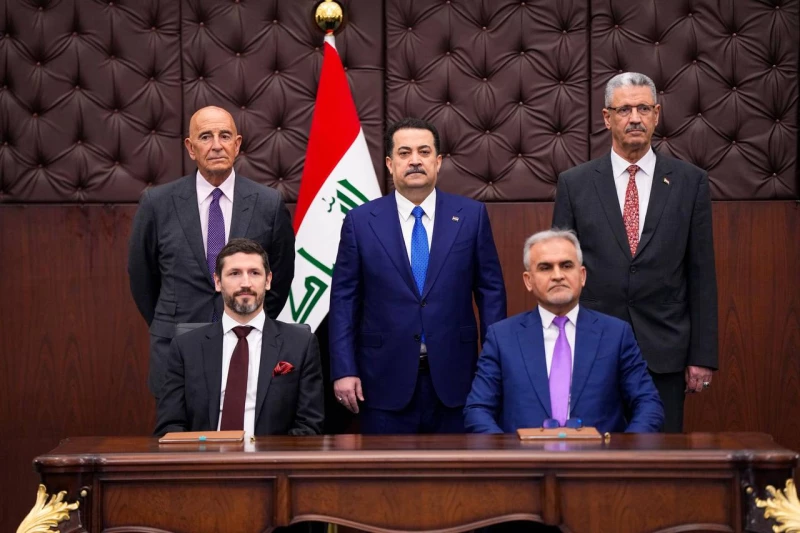BAGHDAD, Iraq - Thirty-five Iraqi banks are now on the brink of collapse due to inability to deal in US dollars following a new decision from Baghdad, an informed source has told The New Region.
The Central Bank on Sunday added eight more institutions to a list of Iraqi banks prohibited from opening dollar accounts or conducting international dollar transfers, following a visit from a top US Treasury official.
The move aims to cut down on currency smuggling to Tehran, a major US concern, amid growing Iranian proxy activity across the region.
The South Islamic Bank, Kurdistan Islamic Bank, Al Ittihad, the Investment Bank of Iraq and Ashur International Bank are among the institutions no longer permitted to deal in dollars.
Their services will hence be limited to local use only and vital products, such as credit cards, will not work outside of Iraq.
The New Region reached out to all the sanctioned banks, but none were available for comment.
The US sanctions will lead to a rise in the dinar-dollar exchange rate in local markets, preclude the entry of foreign banks to Iraq, and “will lead to “the destruction of the banking sector and the economy,” banking expert Mustafa Hantoush told The New Region.
“Iraq must reach a quick understanding with the US to stop the targeting of the banking sector as it would mean the complete death of the economy,” added banking expert Saad Karim.
Central Bank Chief Ali Al-Alaq attributed the ban on the banks to their failure to comply with local and international requirements.
“There is a big difference between including a bank on the sanctions list by the Office of Foreign Assets Control (OFAC) and stopping a bank from dealing in dollars, which does not represent a penalty as much as it motivates the bank to adhere to local and international requirements in compliance of combating money laundering and terrorist financing,” Alaq told state media.
Alaq further pointed out that “banks can correct their position and obligations required to resume international transactions, in a way that ensures the safety of the local and international systems from risk.”
According to him, the Central Bank conducts reviews from time to time and issues decisions “to prohibit banks from dealing dollars with the aim of ensuring compliance to the international standards is at the required level.”
The US has introduced fresh sanctions on other Iraqi industries in recent weeks, including aviation, with Fly Baghdad sanctioned under the pretext of transporting weapons to Syria and Lebanon through Iran’s Islamic Revolutionary Guard Corps (IRGC).
The parliament’s finance committee has hit out at the move and called on the Central Bank to “take rapid measures” to ease reliance on the dollar.
“Imposing sanctions on Iraqi banks hinders steps taken by the Central Bank to stabilize the dollar exchange rate and reduce the gap between official and black market rates,” it said in a statement.



 Facebook
Facebook
 LinkedIn
LinkedIn
 Telegram
Telegram
 X
X


